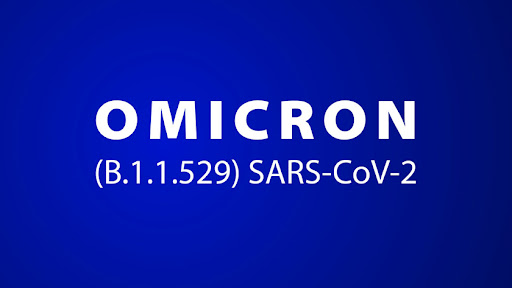Doctors use artificial versions of natural proteins to prevent severe disease in infected high-risk people, but preliminary studies suggested that most are powerless against the new strain, the text described.
A large number of publications provided lab evidence that omicron variant is fully or partially resistant to all currently available methods based on monoclonal antibodies.
Although such an information has not yet been peer-reviewed, some of antibody therapy companies already acknowledge their products have lower effectiveness against the latter variant compared to the previous ones.
Only four showed strong evidence of retaining some capacity to thwart the strain: Sotrovimab, developed by Vir Biotechnology in San Francisco, California, United States, and GSK, based in London, UK.
The findings affect health policy, the journal reported, while exemplifying that US health officials proposed to ration Sotrovimab and assign it to states based on the number of infections and hospitalizations as well as the omicron prevalence. However, many countries cannot meet the impending demand for such an antibody or cannot access it at all.
106 nations have confirmed cases of the new strain and it continues to be classed as “very high” risk, the weekly epidemiological report of the World Health Organization (WHO) described the day before.
 Escambray ENGLISH EDITION
Escambray ENGLISH EDITION





Escambray reserves the right to publish comments.